Masterworks Spotlight: Swastika Night
It is the single most popular topic for alternative histories: what if the Nazis had won the Second World War. It usually turns upon the Jonbar Point of Hitler not committing suicide in 1945 – although, in Stephen Fry‘s excellent Making History, the Nazi victory is brought about by Hitler’s birth being prevented entirely. From Philip K. Dick‘s The Man in the High Castle to Robert Harris‘s Fatherland, some of our finest writers have turned their imaginations to the task of imagining what a world ruled by Nazis would look like.
All of these writers, though, had the advantage of hindsight. Having read the history books, seen the photographs and footage of the Nazi legacy, they had a solid basis from which to extrapolate. Imagine trying to write about a Nazi future in 1935 . . .

Seven hundred years after Nazism conquered Europe, the Middle East and Africa, Adolf Hitler is worshipped as a diety: a seven-foot tall, blond god who personally won the war. The Japanese rule the Americas, Australia and Asia. Though Japan is the only rival superpower to the Nazi West, their inevitable wars always end in stalemate. The fascist Germans and Japanese suffer much difficulty in maintaining their populations, because of the physical degeneration of their women, who have been reduced to subhuman breeding stock.
Englishman Alfred Alfredson is on a German pilgrimage – an unusual act since, in Europe, the English are loathed because they were the last opponents of Nazi Germany in the war. So Alfred is surprised to be invited in to the home of noblem German knight – and he is astounded when shown a secret, historic photograph depicting Hitler and a girl before a crowd. He is shocked to learn that far from being a god, in reality Hitler was a small unprepossessing man with dark hair and a paunch.
And Alfred’s discovery may mean his death . . .
Katharine Burdekin‘s classic of feminist predictive fiction finally returns to the light. This remarkably prescient novel of the future under Nazism was written in 1935 and published in 1937 under the pseudonym Murray Constantine.
Swastika Night is available as an SF Masterworks paperback and an SF Gateway eBook.

